Meet our RM Alumni
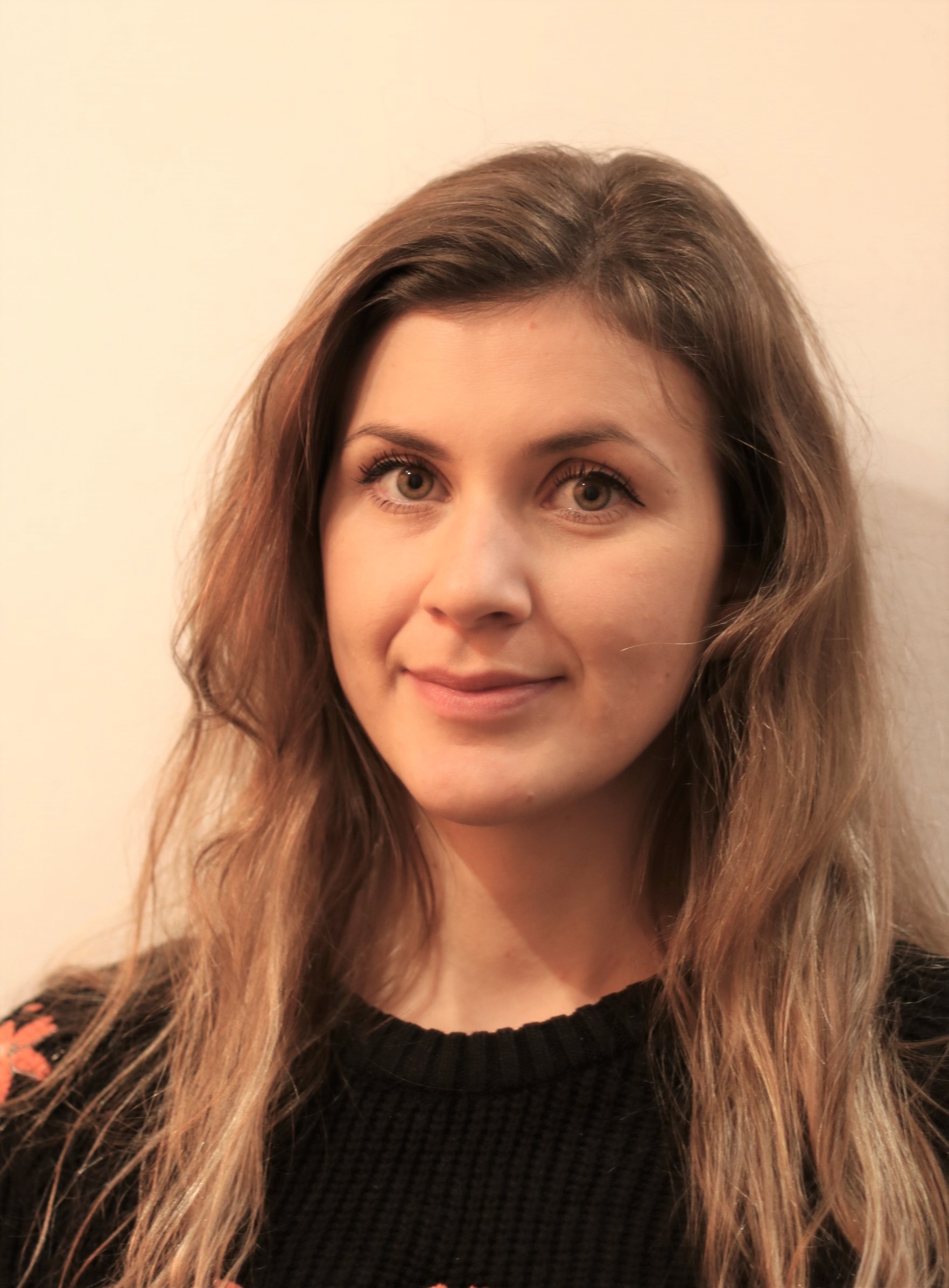 |
Petya Atanasova Petya Atanasova, from Bulgaria, obtained her Research Master in Neuroeconomics at the University of Maastricht in 2020 after gaining her BSc in Liberal Arts and Sciences, spec. Cognitive Neuroscience at Tilburg University, The Netherlands. During her research internship at the Centre for Health Economics and Policy Innovation (CHEPI), Imperial College London she examined how the food environment affects diet and obesity at the population level, with a focus on South East Asian countries. Currently she is a scientific consultant at CHEPI where she continues working on the topic. She has been accepted for a PhD in the faculty of Medicine at Imperial College London starting in October 2021. In her PhD she will investigate the determinants of children nutritional choices and behavioural interventions for food behavioural change in Sri Lanka in collaboration with the Ministry of Health and the Health Promotion Bureau. |
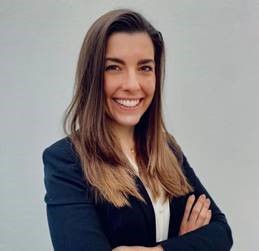 |
Miriam Heynckes Miriam Heynckes grew up in Germany, yet her academic career was born and raised in Maastricht. From 2012 to 2017 she completed the BSc of Psychology and Neuroscience as well as the Research Master of Cognitive Neuroscience, both with distinction. During her Bachelor studies Miriam followed the honors program, spent a semester at Stellenbosch University, South Africa and conducted a Marble research project, next to tutoring at the faculty of Psychology and Neuroscience. During her master thesis internship with Federico De Martino at Maastricht University they, together with Elia Formisano and Peter De Weerd, successfully applied for a “Research Talent” grant awarded by the Dutch organization for scientific research (NWO). Her PhD is a collaboration between two research groups and targets fundamental mechanisms of the brain during auditory perception, which she investigates using functional magnetic resonance imaging (fMRI). Besides research, in her PhD Miriam has actively been teaching and supervising Bachelor and Master students at different faculties of Maastricht University, mostly centering on topics of perceptual and attentional mechanisms of the human brain. |
|
Romain Hollands Romain Hollands was born and raised in the south of Limburg. He obtained his Research Master in Drug Development and Neurohealth at the University of Maastricht in 2018 after gaining his BSc in Psychology and Neuroscience also in Maastricht. During his internship at Hoffman – La Roche in Basel he investigated a novel target for human autism treatment in mouse and rat models. Afterwards, he started working as a teacher and project leader at the University of Maastricht. Instead of working as he researcher himself, Romain chose to work for and with researchers. Currently he is a scientific consultant and international account manager at Noldus IT. Noldus IT is the world leader in scientific hard- and software solution for behavioral (neuro)scientific research in animals and humans. Founded 31 years ago in Wageningen, The Netherlands, it currently serves researchers in over 100 countries worldwide. In his position, Romain visits clients all over the world advising and helping them with their current and future research. |
|
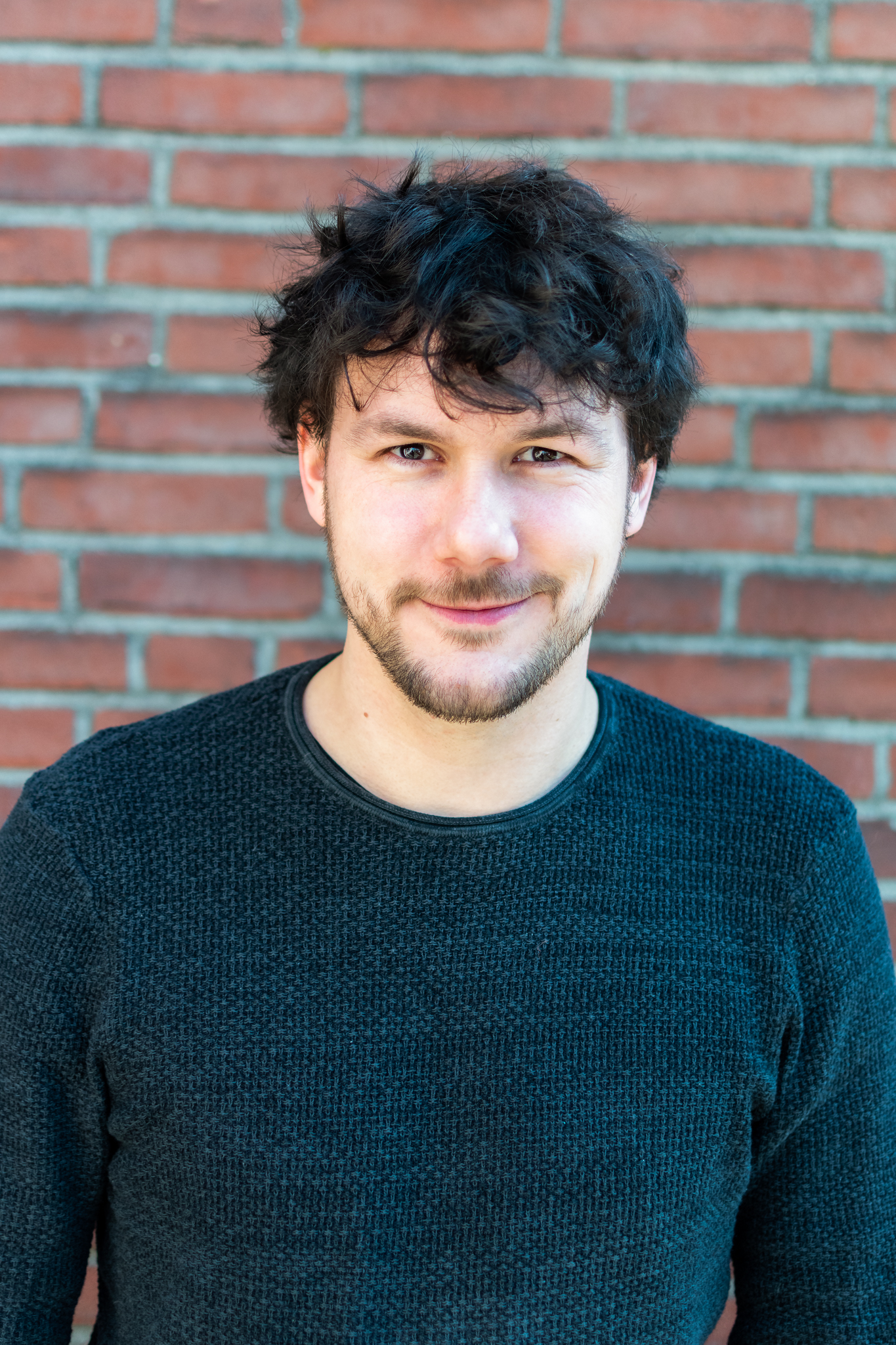 |
Kai Karos Kai Karos was born in Aachen, Germany and then did his bachelor’s in psychology at Maastricht University. Afterwards he completed the Research Master in Psychopathology at Maastricht University. After the master he worked for a short period at a forensic hospital in Maastricht belonging to De Rooyse Wissel. Here he was involved in a large randomized controlled trial to investigate the efficacy of schema-focused therapy for forensic patients with personality disorders (e.g., psychopathy). Subsequently, he started his PhD at the KU Leuven in Belgium under the supervision of Prof. Johan Vlaeyen on the topic of social influences on acute and chronic pain. After obtaining his PhD he continued as a postdoctoral researcher in Leuven, studying social learning in pain. In the summer of 2021, he will start a new job as assistant professor at the Open University in Heerlen. In addition to being a researcher, he is also frequently involved in teaching at FPN and UCM with lectures on pain, aggression, and free will. |
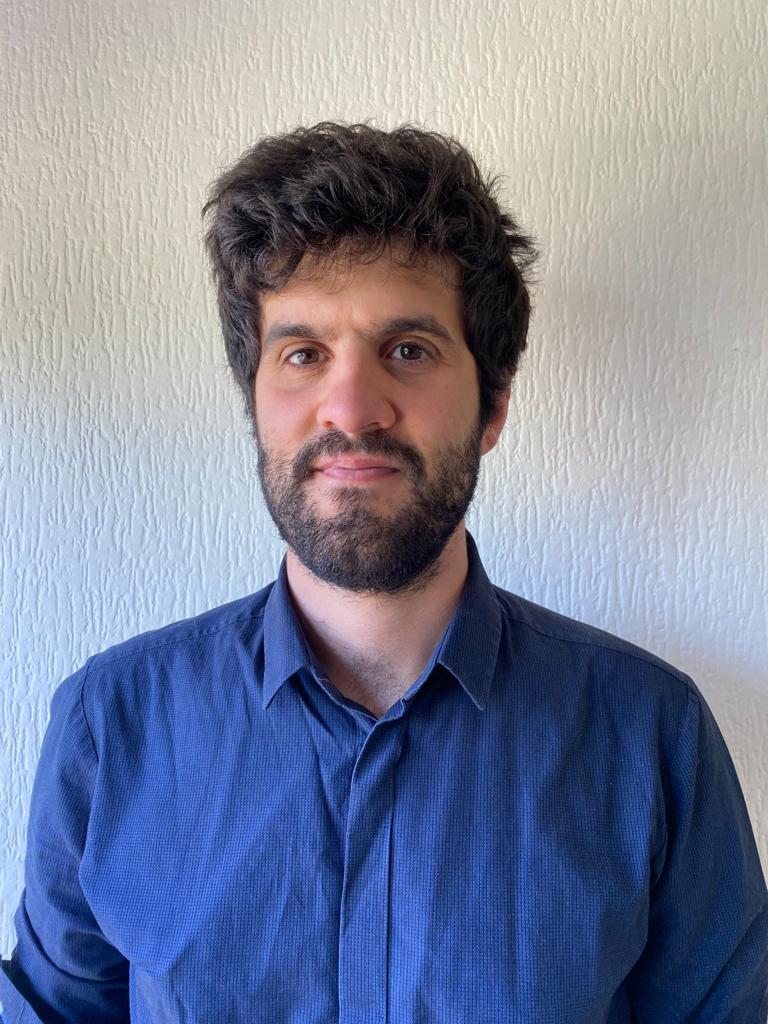 |
Philippos Koulousakis Philippos Koulousakis was born and raised in Cologne, Germany. He obtained his Research Master in Fundamental Neuroscience at the University of Maastricht in 2015 after gaining his BSc in Psychology and Neuroscience at Maastricht as well. During his master internship at Cambridge University, he helped establish a drug-screening method for Alzheimer’s disease using transgenic zebrafish. After graduating, he decided to go back to his roots and do psychotherapist training in cologne from 2016 to 2018. However, in those two years he noticed that he was missing academia, and therefore decided to go back to it by working as a research assistant at the University of Cologne. Since 2020, he is a PhD student at the University of Maastricht and University of Hasselt. He explores epigenetic editing of oxytocin as a potential treatment avenue for Alzheimer’s disease. |
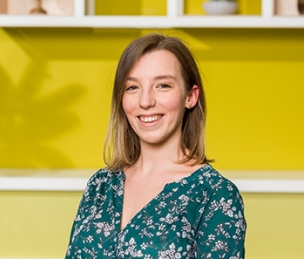 |
Sara Mazzini Sara Mazzini was born and raised in Italy, where she obtained her Bachelor in Psychological Sciences and Techniques from the University of Bologna in 2018. She then moved to the Netherlands and obtained her Research Master in Cognitive Neuroscience from Maastricht University in 2020. She did her research internship in the Brain and Language group, part of the Maastricht Brain Imaging Center, focusing on the oscillatory correlates of syntactic encoding and how these differ between healthy controls and classic galactosemia patients. After graduating, she worked as a research assistant in the same research group. Currently, she is a PhD student at the Max Planck Institute for Psycholinguistics in Nijmegen. The institute is part of the German Max Planck Society and it is entirely devoted to the study of how language is produced and understood, and how these skills are acquired by first or second language learners. In her PhD, she investigates the role of neural synchrony within and between brains in face-to-face communication, using both EEG- and NIBS-based hyperscanning techniques. |
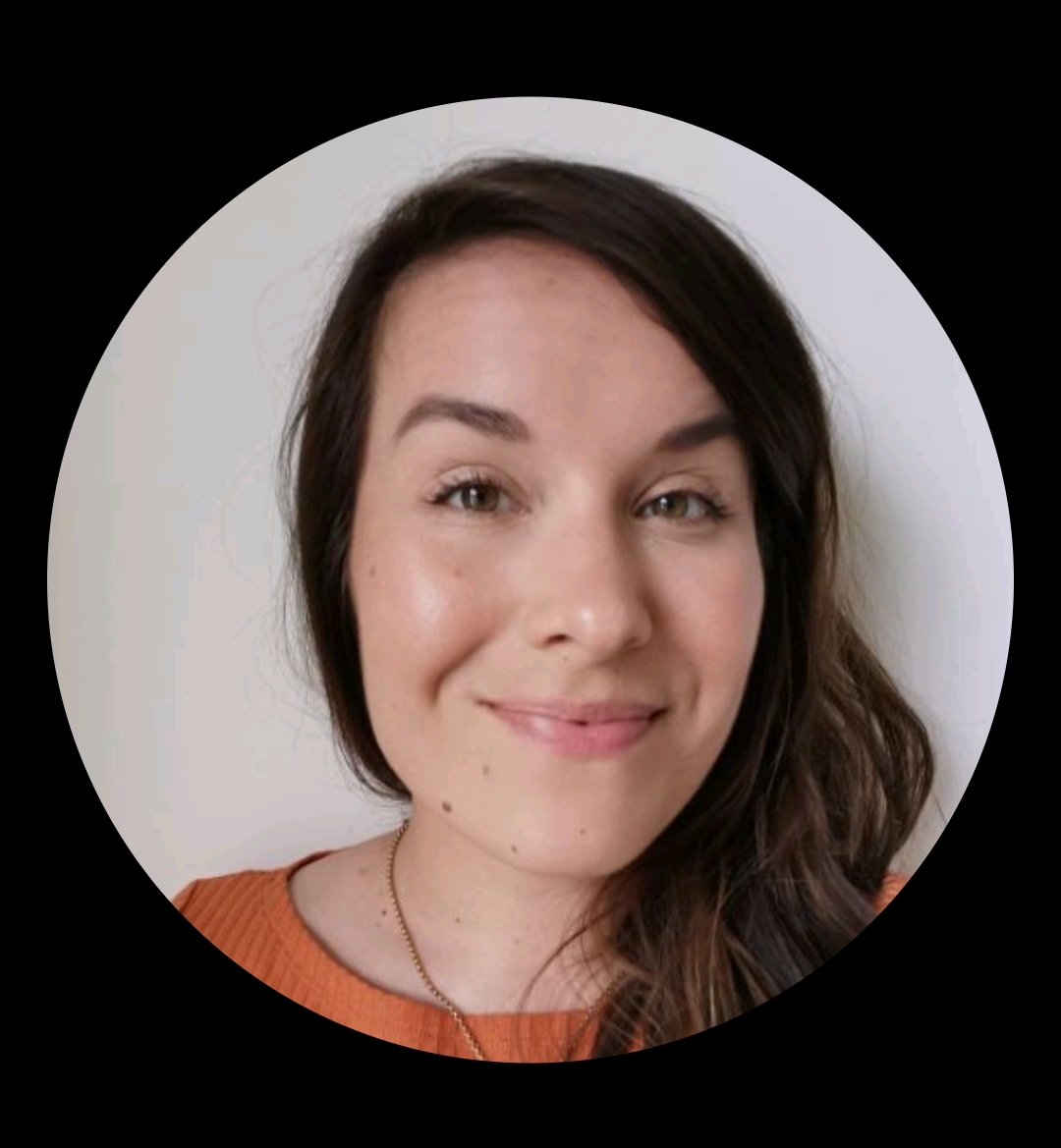 |
Saara Martinmäki
Saara Martinmäki grew up in Northern Finland but has now spent half her life living abroad. She completed her BSc in Psychology at the University of Glasgow with a year abroad at the University of California San Diego. During the year in California, she worked as a research assistant in various posttraumatic stress disorder projects and fell in love with applied research. That lead her to attend the Research Master in Psychopathology in Maastricht. She graduated in 2017, having completed a research internship at ARQ National Psychotrauma Center in Diemen. Following her internship, Saara started working as a junior researcher and policy adviser for the same organization. As part of that, Saara is also an external PhD candidate at Utrecht University. Her PhD project focuses on stress and trauma in high-risk occupations such as police and humanitarian aid staff. Next to her PhD project, she has worked on creating guidelines for supporting first responders in the aftermath of a terrorist attack or other violent incidents and on a large EU project focusing on community-based low-intensity psychological intervention for Syrian refugees in EU countries and the Middle East. |
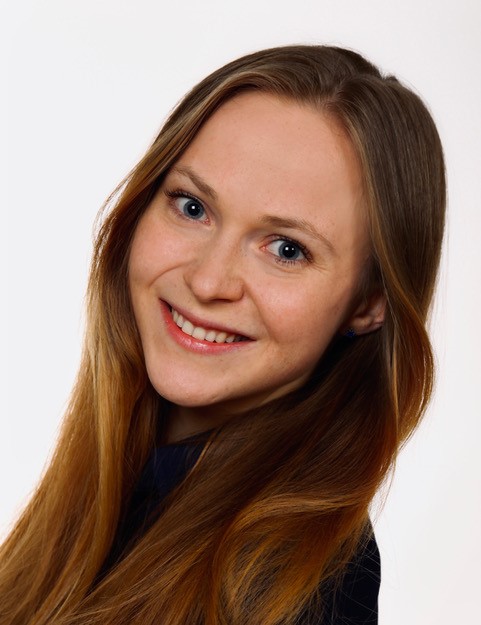 |
Gosia Michalowska Gosia Michalowska comes from Warsaw, Poland. She studied Psychology at Maastricht University, and obtained her Research Master’s degree in Cognitive and Clinical Neuroscience in 2020. Gosia spent her research internship in Manchester, UK, at Wolfson Molecular Imaging Centre. She focused on pathological ageing processes imaged in vivo with Positron Emission Tomography. Her project ultimately developed into a longer collaboration with the University of Manchester, leading to a manuscript, soon to be sent for her first publication. Currently, Gosia is living in Stockholm and working as a Research Assistant in Nordberg Translational Molecular Imaging Lab, at Karolinska Institute. This time, she is using brain imaging to depict neuroinflammation in neurodegenerative diseases. Karolinska, one of the world’s leading medical universities awarding the Nobel Prize in Medicine, gives her daily training to fully prepare her for the future PhD in Medical Sciences. |
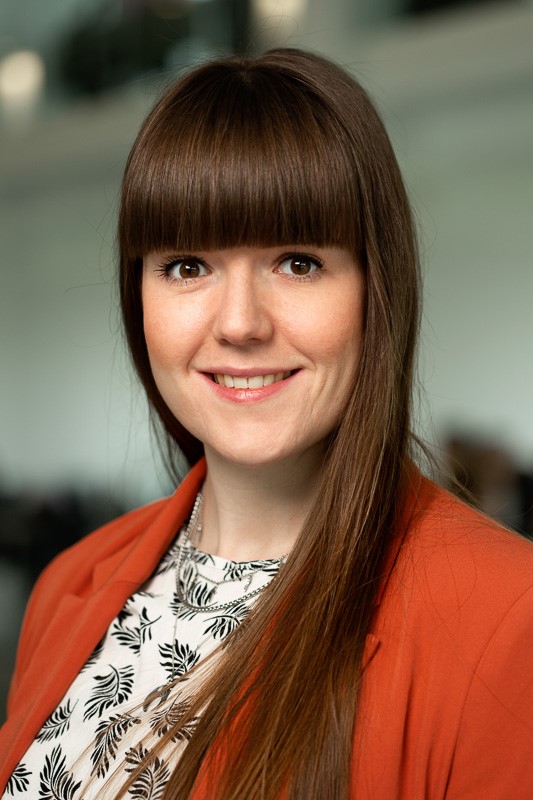 |
Maartje Mulders Maartje Mulders was born and raised in the south of Limburg. She obtained her Research Master in Cognitive and Clinical Neuroscience (Psychopathology specialization) at the University of Maastricht in 2014. Before that, she did her BSc at University College Maastricht (UCM), where she focused on a combination of life and social sciences. During her Master internship at the Oregon Research Institute (Eugene, Oregon, USA), she investigated the effects of hypo- and hyper-responsivity to food cues (both oral and visual) in relation with disordered eating behavior. After her Master, she went on to do a PhD at the Université Libre de Bruxelles (Belgium, 2014-2019), in a large multi-unviersity and multi-hospital research project called the Food4Gut. Within this project, she was part of a large clinical trial with a specific type of fiber as a weight loss supplement. Next to that, she ran her own studies where she researched how food is marketed, and how different consumers react to different labels on food (back-of-pack and front-of- pack labels) with a special focus on the role of food-related involvement. Currently, she works as a Postdoctoral Researcher at Aarhus University in Denmark. More specifically, she works at the MAPP center with Prof. Klaus Grunert and Prof. Jessica Aschemann-Witzel, where she researches consumer behavior with food, more specifically focusing on sustainable and upcycled foods. |
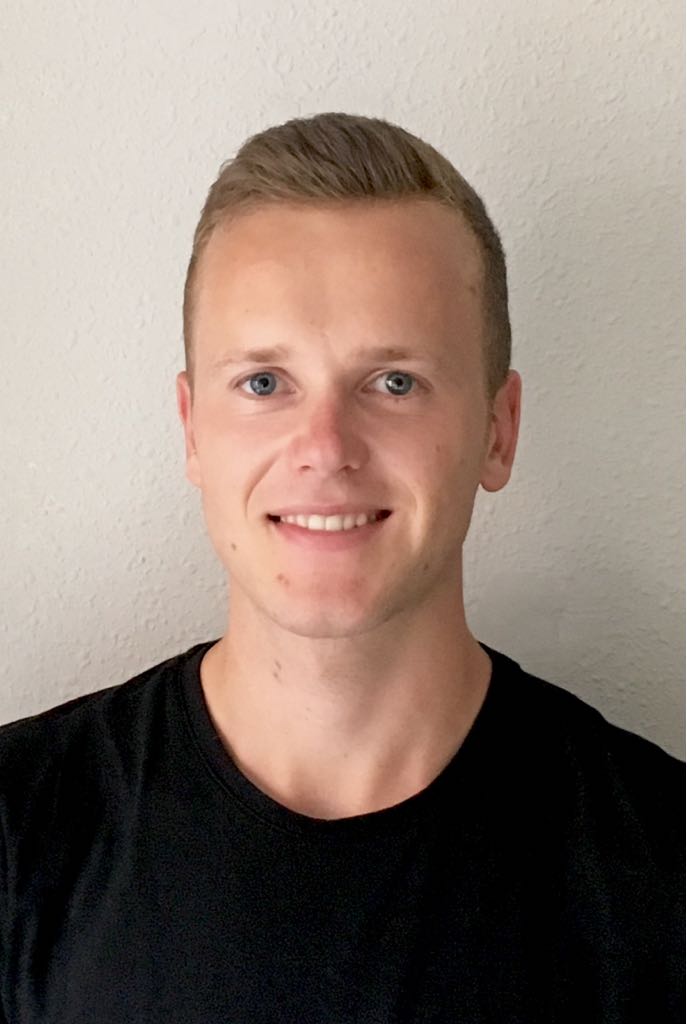 |
Renzo Riemens Renzo J.M. Riemens was born and raised in the south of Zeeland, the Netherlands. In 2014, he successfully obtained his Bachelor’s degree in Biomedical Sciences with a specialization in Molecular life sciences at Maastricht University, after which he entered the Research Master programme in Cognitive and Clinical Neuroscience with a specialization in Fundamental Neuroscience. For the compulsory 9-month internship, Renzo joined the research team of Dr. Raul Delgado-Morales and Prof. Dr. Manel Esteller at the “Institut d'Investigació Biomédica de Bellvitge” (IDIBELL), in Barcelona, Spain. During his internship, Renzo was assigned to a project aimed at characterizing and optimizing a neuronal in vitro model system derived from human neural stem cells within the context of Alzheimer’s disease (AD). After successfully completing his Research Master studies in 2016, Renzo started a joint-PhD programme focused on neuroepigenomics in AD between Maastricht University and the Julius Maximilians-University, in Wuerzburg, Germany, under the primary supervision of Dr. Daniel van den Hove and Prof. Dr Thomas Haaf, respectively. In 2020, Renzo was awarded with a Kootstra Talent Fellowship for young talented scientific researchers by the Maastricht UMC+ Research Committee (WMUMC+) to fund his ow post-doc position. Currently, Renzo is a post-doc fellow in the group of Prof. Dr. Daniel van den Hove and Dr. Gunter Kenis at the Department of Psychiatry and Neuropsychology, Maastricht University, further expanding his research on neuroepigenomics in AD trough the implementation of both targeted and epigenome-wide (single cell) approaches, as well as induced pluripotent stem cell-based model systems.
|
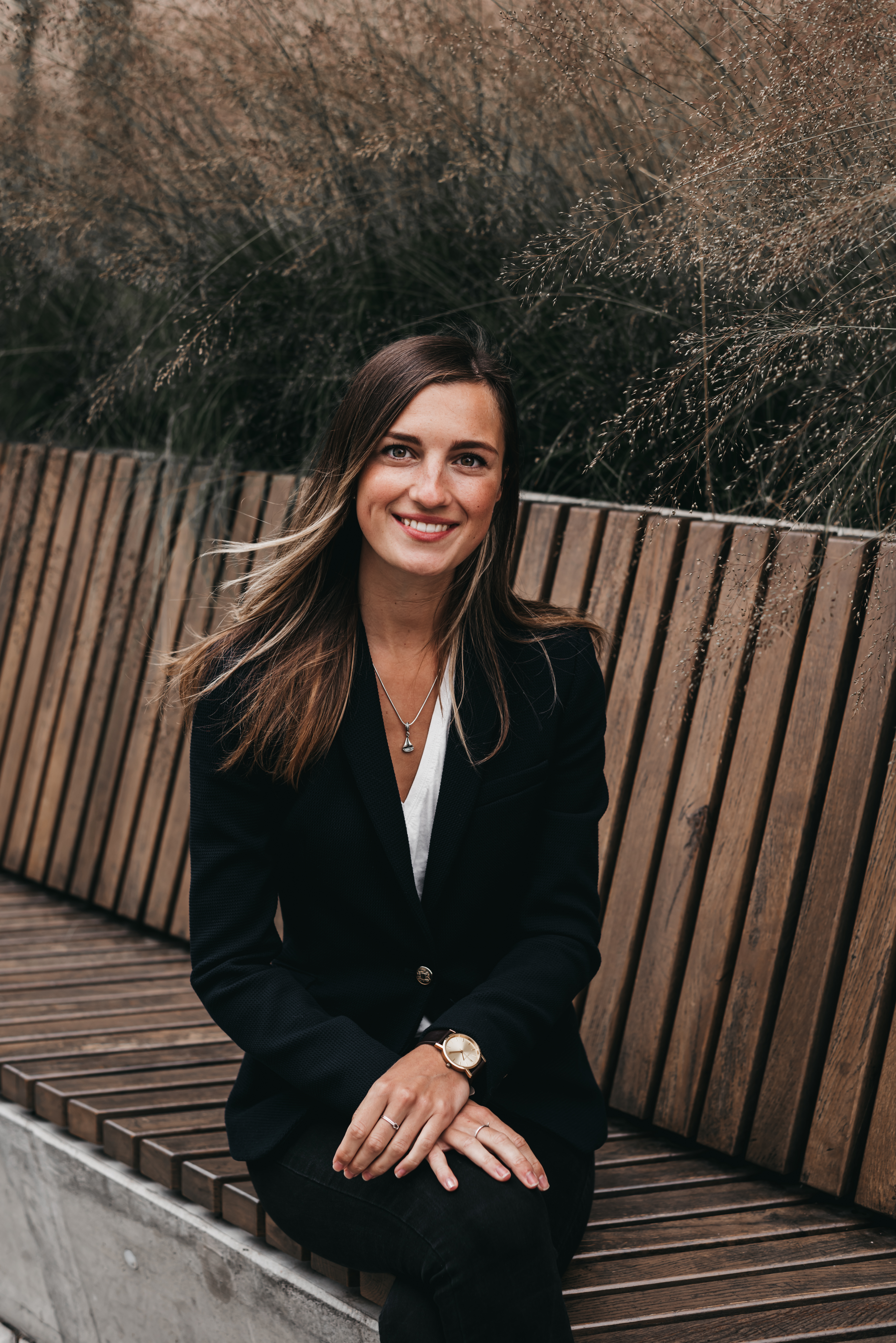 |
Laura Stankevičiūtė
My name is Laura Stankeviciute, I am a PhD student in a memory clinic/research institute for cognitively unimpaired adults and patients at the early stages of Alzheimer’s disease, at BarcelonaBeta Brain Research Centre, Spain. |
RM Alumni Perspectives 2021
 Registration website for RM Alumni Perspectives 2021
Registration website for RM Alumni Perspectives 2021RM Alumni Perspectives 2021alumni-fpn@maastrichtuniversity.nl
RM Alumni Perspectives 2021alumni-fpn@maastrichtuniversity.nlhttps://www.aanmelder.nl/125408
2021-06-14
2021-06-14
OfflineEventAttendanceMode
EventScheduled
RM Alumni Perspectives 2021RM Alumni Perspectives 20210.00EUROnlineOnly2019-01-01T00:00:00Z
Maastricht UniversityMaastricht UniversityMinderbroedersberg 4-6 6211 LK Maastricht Netherlands
